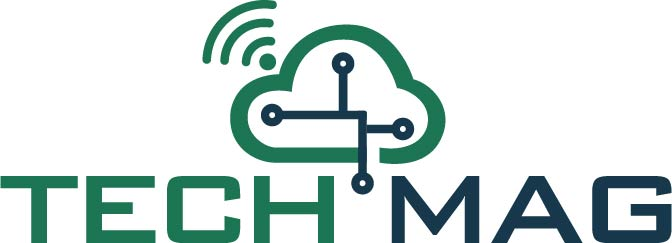The EU has reportedly announced a plan to quadruple the semiconductor supply in Europe by 2030. This move will limit the EU’s dependence on Asia for the crucial component used in EVs and smartphones.
The highly awaited EU Chips Act will assemble over USD 49.1 billion (€43 billion) of private and public investments. This will enable the EU to achieve its objective of doubling its current market share to 20% by 2030.
Ursula von der Leyen, the President of the European Commission, stated that attaining the 20% market share objective will require quadrupling efforts with increasing global demand. Once approved, the EU plans could produce around €43 billion through current EU budget money and also by loosening current public subsidy rules from member states.
The proposal will require the approval of the European Parliament and the EU member states where opinions will differ between the intentions of major industrial regions like France, Italy, and Germany and also smaller states that are concerned about ending crucial supply chains with Asia.
Some member states, led by the Nordic nations and the Netherlands, will oppose any plan to broaden the scope for state aid. The Commission also plans to make it easy for EU governments to assign more money to chip manufacturers.
An E.U. diplomat expressed concern that the bloc does not want to end up in a situation with a major U.S. company getting significant EU money to launch a factory in one major member state.
After the COVID-19 pandemic restrained the supply of semiconductors, emptied product stores, and brought factories to a standstill, chip production has become a strategic priority in Europe along with the United States.
Semiconductor manufacturing prominently takes place in South Korea, Taiwan, and China. However, with this move, the European Union wants companies and factories inside the bloc to take on a more crucial role.
Source credit:
